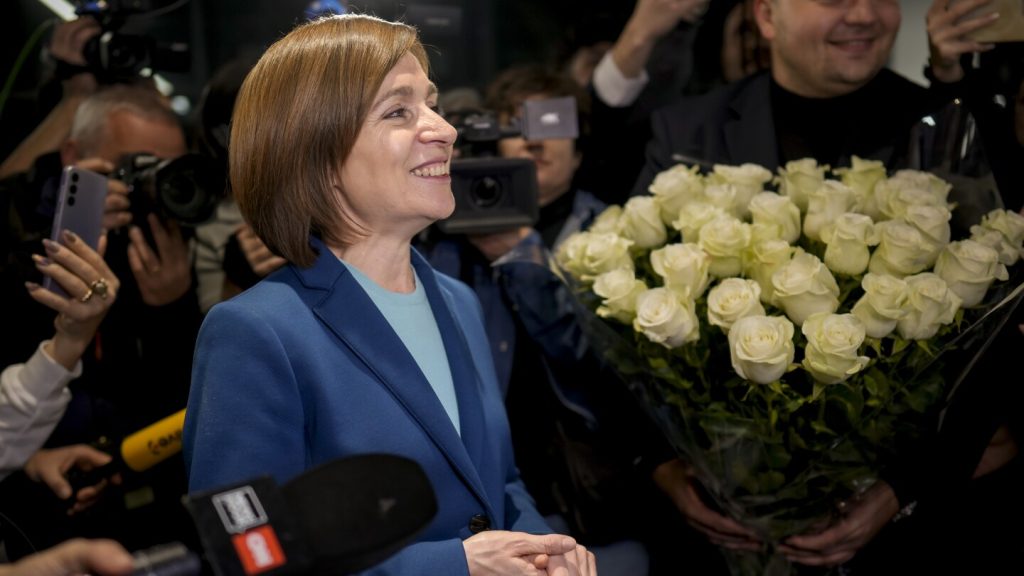In Moldova, pro-Western President Maia Sandu secured a second term in a crucial presidential runoff against a Russia-friendly opponent. With 55% of the vote, Sandu’s victory was celebrated as a triumph of democracy and a rejection of outside interference. The election was marked by allegations of Russian interference, voter fraud, and intimidation, which Sandu condemned as attempts to undermine the will of the people. Her win was supported by the pro-Western government, signaling a continued push for closer ties with the EU.
In the aftermath of the election, Sandu denounced the tactics used against her campaign, including vote-buying and electoral interference. Despite these challenges, Sandu’s victory was seen as a testament to the power of the people’s voice through their vote. Her opponent, Alexandr Stoianoglo, acknowledged the results and called for unity to overcome the divisions that had plagued the country. Voter turnout stood at 54%, with the diaspora playing a significant role in supporting Sandu’s candidacy.
The election results exposed shortcomings in Moldova’s judiciary, raising concerns about the country’s ability to protect its democratic process. Allegations of a major vote-buying scheme and Russian interference tainted the electoral process, with reports of organized transportation of voters and cyberattacks targeting the national voter record systems. Moldova’s future as an EU candidate country was at stake, with concerns about the integrity of the electoral system and the influence of external forces on the outcome.
Law enforcement in Moldova uncovered a vote-buying scheme allegedly orchestrated by a convicted oligarch, Ilan Shor, who resides in Russia. Prosecutors revealed that millions of dollars were paid to voters through a sanctioned Russian bank, leading to a crackdown on corruption and electoral fraud. Despite these challenges, Sandu’s victory was seen as a step towards a European future for Moldova, with hopes for continued progress towards EU membership. The upcoming parliamentary election in 2025 will be closely watched, with concerns about potential interference and geopolitical tensions.
Critics warn that Moldova’s next election could be a target for Moscow, as the country’s pro-Western stance has strained relations with Russia. The EU candidacy status granted to Moldova in 2022 marked a significant shift towards Western alliances, sparking backlash from Moscow. As Moldova navigates its path towards EU membership, the challenges of corruption, voter fraud, and external interference remain key obstacles to overcome. Sandu’s victory in the presidential runoff was a symbolic win for democracy and a reaffirmation of Moldova’s commitment to closer ties with the West.


